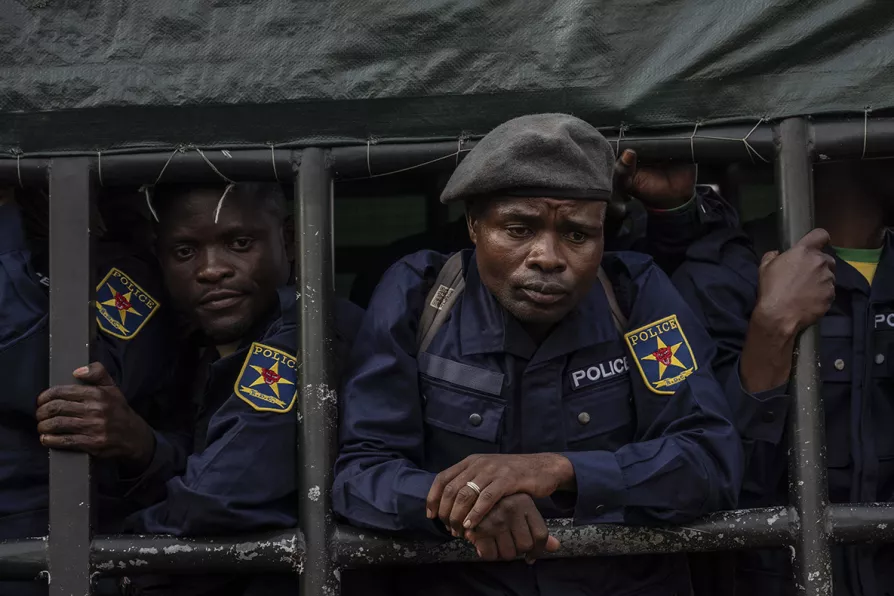DRC refuses to hold direct talks with Rwanda-backed M23 militia group

 Former members of the Armed Forces of the Democratic Republic of Congo (FARDC) and police officers who allegedly surrendered to M23 rebels arrive in Goma, Congo, February 23, 2025
Former members of the Armed Forces of the Democratic Republic of Congo (FARDC) and police officers who allegedly surrendered to M23 rebels arrive in Goma, Congo, February 23, 2025
THE leaders of the Democratic Republic of Congo (DRC) stood firm yesterday in refusing to hold direct talks with the Rwanda-backed M23 militia group that has made major military advances in the east of the country.
In an interview with the BBC, the country’s Prime Minister Judith Suminwa Tuluka insisted that the DRC was open to negotiations with Rwanda, recognised by the United Nations and other observers as being the M23’s key backers.
A report by UN experts last year said that between 3,000 and 4,000 Rwandan troops had crossed the border and were fighting alongside the M23.
Similar stories














